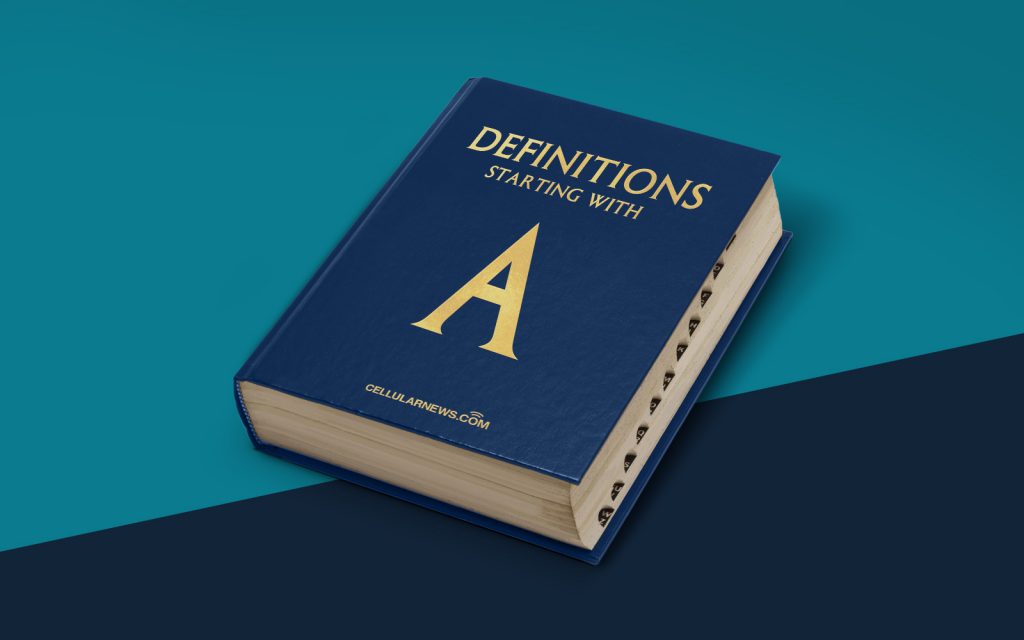
What is the Audio Home Recording Act (AHRA)?
Welcome to our “DEFINITIONS” category, where we explore various terms and concepts related to audio and technology. In this installment, we delve into the Audio Home Recording Act (AHRA), a legislation that has had a significant impact on the recording industry. Let’s explore what the AHRA is and what it means for artists, consumers, and the world of music.
Key Takeaways:
- The Audio Home Recording Act (AHRA) was signed into law in 1992.
- It establishes a legal framework for the recording and reproduction of copyrighted music for personal use.
Now, let’s dive into the details of the Audio Home Recording Act. Signed into law in 1992, the AHRA was created to address the rise of digital audio recording technologies, such as cassette tapes and digital audio tapes. The act aims to strike a balance between preserving the rights of copyright holders and allowing individuals to make audio recordings for personal use.
Under the AHRA, consumers have the right to make analog or digital audio recordings of copyrighted material for personal, non-commercial use. This means that you can legally record your favorite songs from a CD onto a cassette tape or other media, as long as it is for your private enjoyment.
The AHRA introduced a new approach to protecting copyrighted works. Instead of prohibiting home copying, it established a royalty system to compensate copyright holders for potential revenue loss. Manufacturers and importers of digital recording devices and media are required to pay royalties to copyright holders, ensuring that artists are fairly compensated for private recordings of their music.
Not all audio recordings are covered by the AHRA. The act specifically excludes certain types of recordings, such as soundtracks accompanying audiovisual works (movies and television shows), and live concert recordings. Additionally, it excludes recordings made by professional musicians or sound engineers for commercial purposes.
It is important to note that the AHRA applies to personal, non-commercial copying only. Unauthorized distribution or sharing of copyrighted materials still violates copyright law and is subject to legal consequences. So, while you can make a mixtape for your road trip, sharing that mixtape with others without permission from the copyright holder is not permitted under the AHRA.
Key Takeaways:
- The Audio Home Recording Act (AHRA) was signed into law in 1992.
- It establishes a legal framework for the recording and reproduction of copyrighted music for personal use.
The Audio Home Recording Act (AHRA) has played a crucial role in defining the rights of consumers and copyright holders in the digital age. It strikes a balance between personal audio recording rights and copyright protection. By setting up a royalty system, it ensures that artists and copyright holders are compensated for private recordings of their music.
So, next time you’re rocking out to your favorite tunes on a homemade mixtape or enjoying a recorded album on your digital audio player, remember that the Audio Home Recording Act has played a part in shaping the way we listen to and enjoy music in the comfort of our own homes.
